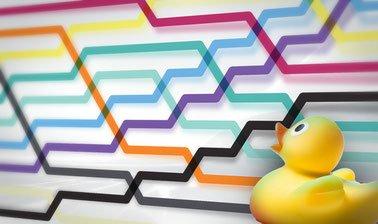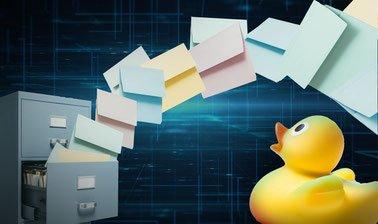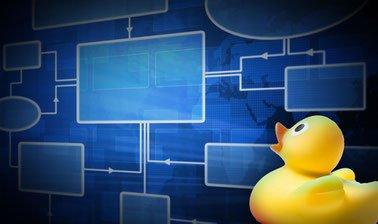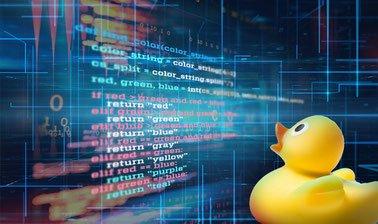Computing in Python IV: Objects & Algorithms (edX)
Categories
Effort
Languages
Learn about recursion, search and sort algorithms, and object-oriented programming in Python. Complete your introductory knowledge of computer science with this final course on objects and algorithms. Now that you've learned about complex control structures and data structures, learn to develop programs that more intuitively leverage your natural understanding [...]
Self Paced




